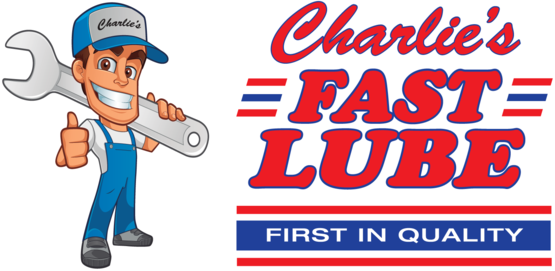The Edible Engine
July 31, 2018
You may have had a friend whose vehicle was the victim of hungry rodents. After all, mice, rats and squirrels—even rabbits—have been known to gnaw on wires in engine compartments, causing vehicle electrical systems to go haywire. They can disable a vehicle completely and be very expensive to fix.
In 2017, some drivers noticed their vehicle's wiring was being chewed and found out the automaker was using a relatively new material for covering their wires: soy. Many of the repairs to their new vehicles weren't covered under warranty by the manufacturer when it was discovered rodents were eating the wiring. So the owners filed a class action suit, saying the soy covering was essentially baiting the critters.
The automakers tell a different story, saying mice, rats and squirrels have been chewing through wire insulation long before it was made out of soy.
Regardless of what the insulation is made of, vehicle owners should make sure rodents aren't chowing down and creating a problem in the engine compartment. They can have their repair facility check for these signs: Little bits of acorns, leaves, chewed up plastic and animal droppings in the engine's nooks and crannies. Using a black light, your technician can detect animal urine, a sure sign that they've been using your engine compartment as a warm apartment, a nest and a dining room.
You can take steps to prevent rodents from chomping your vehicle's parts. Honda—one of the vehicle manufacturers that uses soy-based wiring covering—makes a rodent tape. It contains a spice called capsaicin that rodents find too hot to handle. Other preventative measures include installing metal mesh around wiring harnesses or spraying the engine compartment with special rodent-repellants.
Rodent damage can cost one vehicle owner thousands of dollars to fix, not the kind of bite anyone wants taken out of their bank account.
Need Service?
More articles from Charlie's Fast Lube Sparta

Drivers that "T" Us Off (Bad Driving Practices)
February 22, 2026
We've all seen drivers who do things thatlet's be frankreally irritate us. They're inconsiderate, can put people in danger and make the road a much less friendly place. They really "T" us off. These are the bad drivers who fit their description to a "T." The Tailgater. You've seen this terr... More

To Fix or Not To Fix (Tire Repair)
February 15, 2026
You know that sinking feeling when you realize one of your tires has a problem. It may be making an odd noise or behaving oddly when you're driving. You may hit a pothole or curb and one suddenly goes flat. Or you may head back to your vehicle and discover it has one tire deflated without a cl... More

NOT JUST ANOTHER CUSTOMER (Finding the Right Service Facility)
February 8, 2026
You might remember a hit TV sitcom that was set in a bar, a place where "everybody knows your name." The idea, of course, is people feel more comfortable where they aren't just another customer among many; they're special because their relationship goes back a few years. That comfortable relat... More









